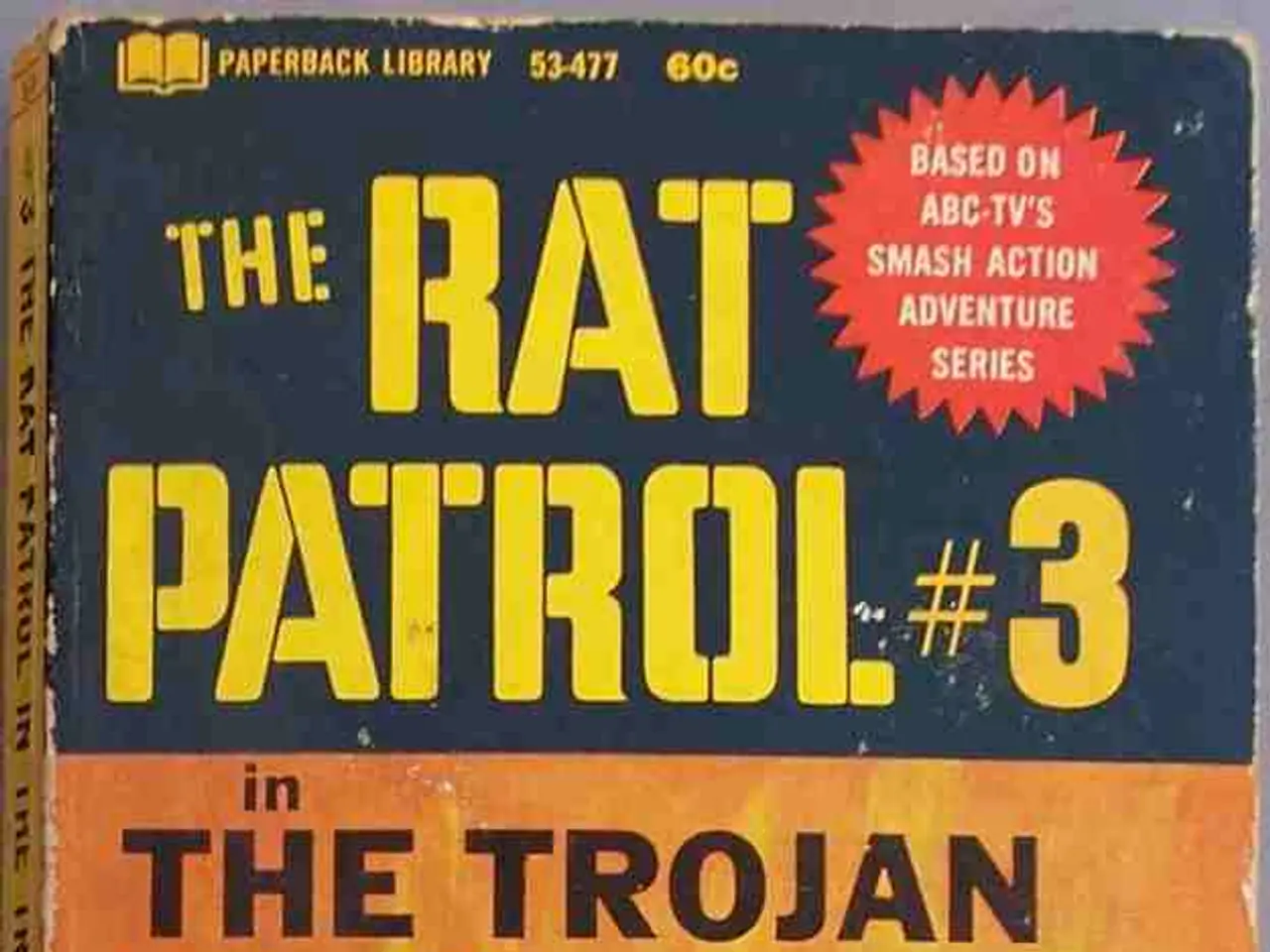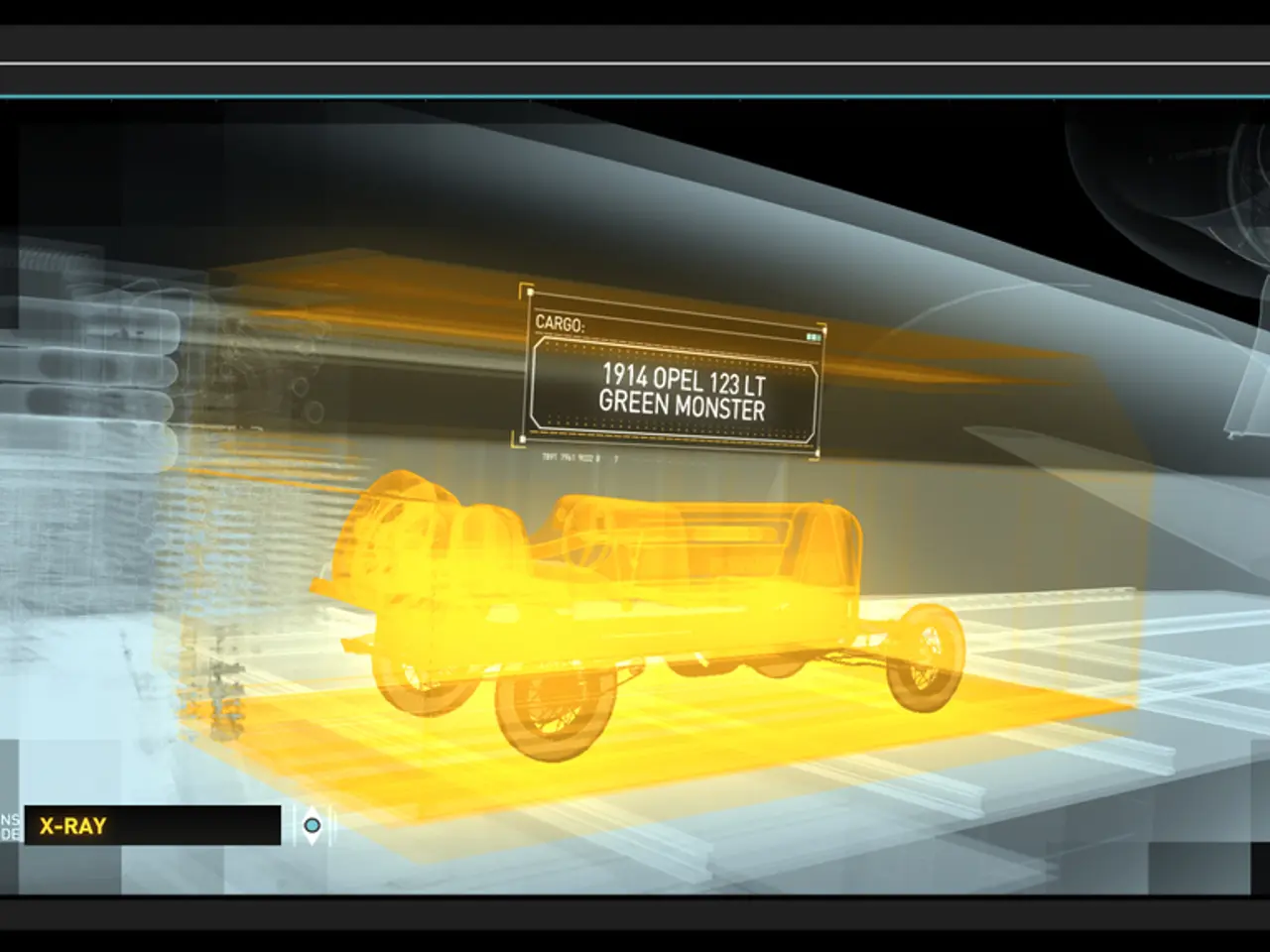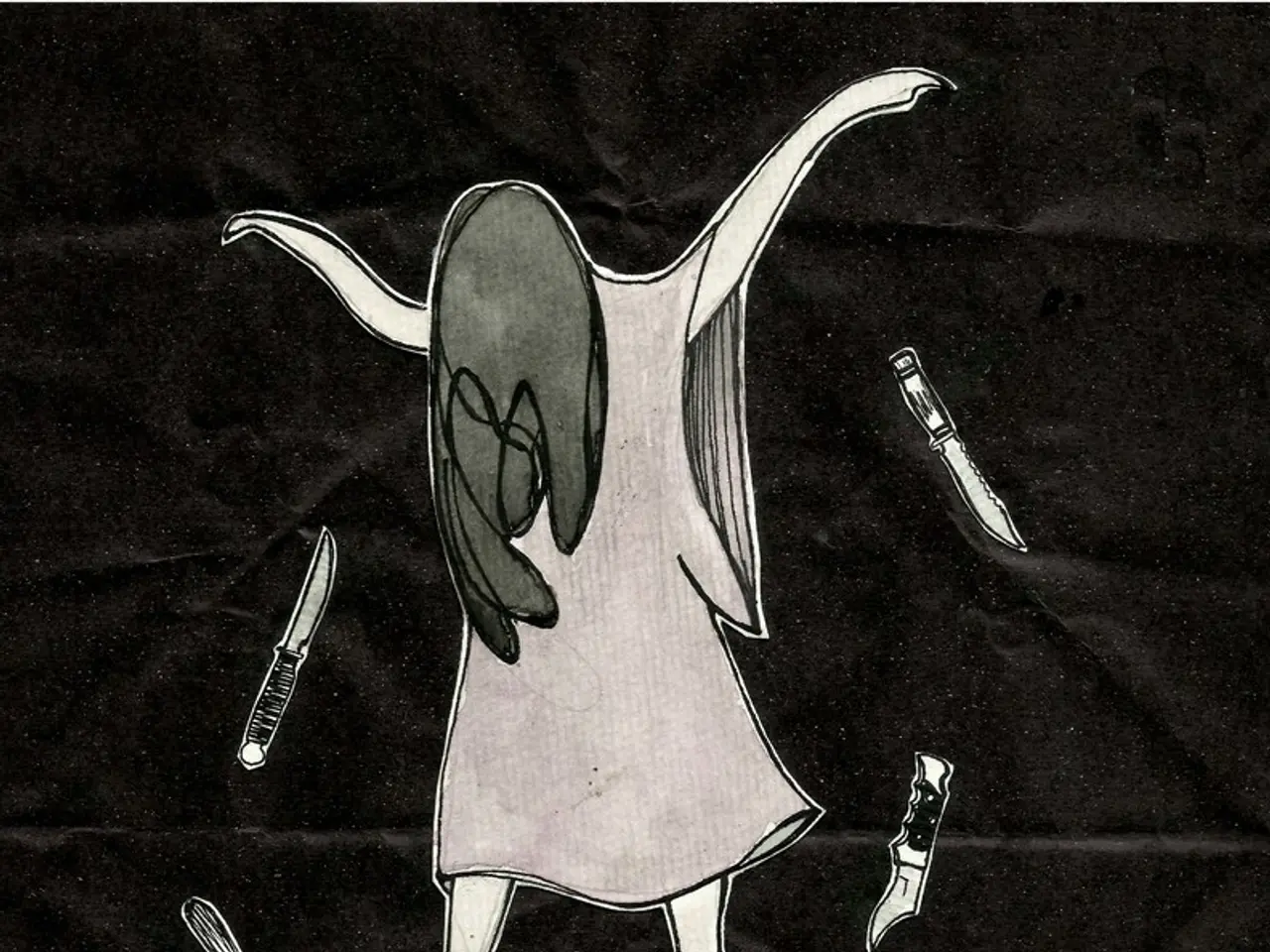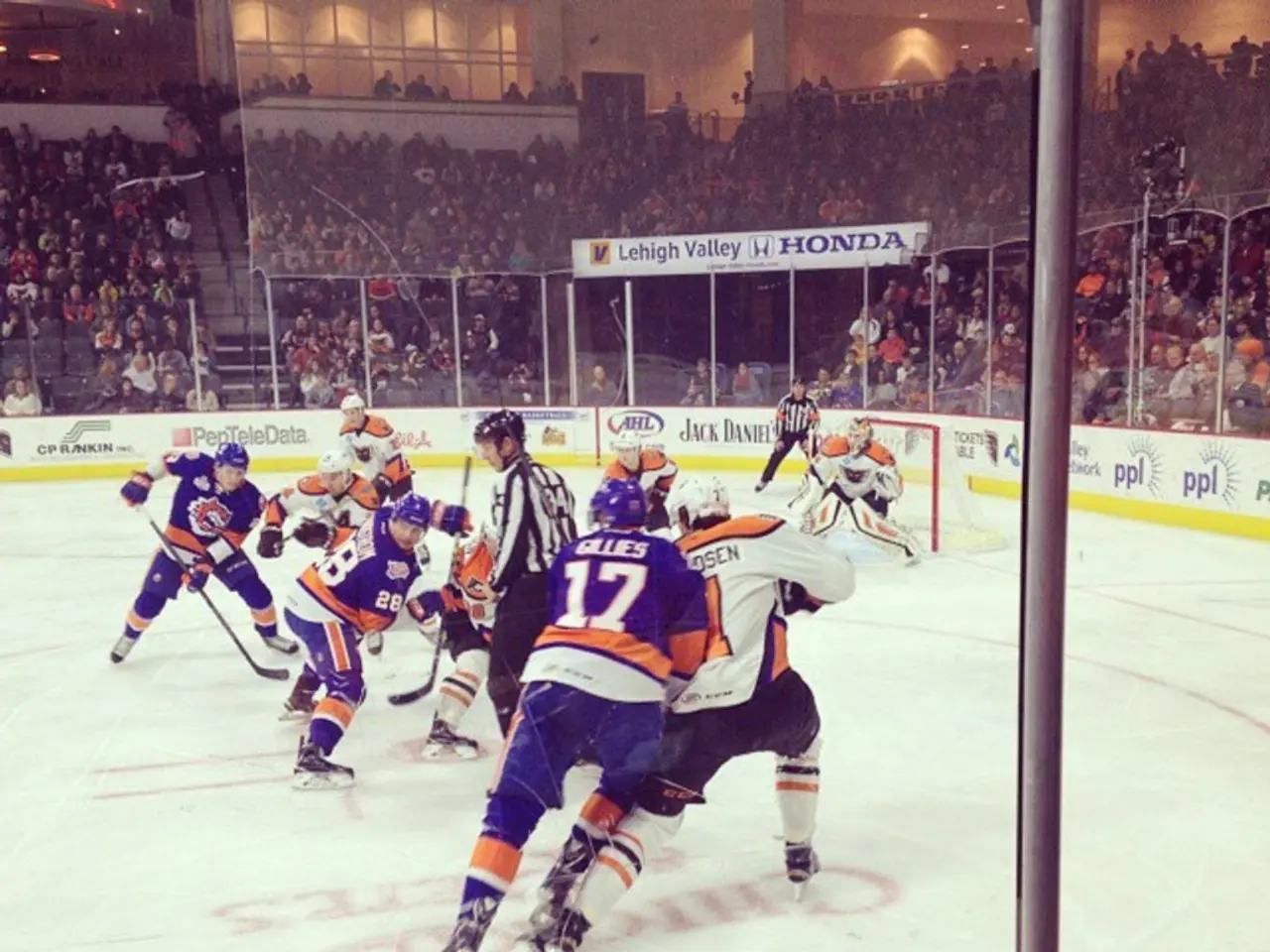Anticipation in Israel as Hamas deliberates over response following the assassination of its second-in-command; meanwhile, Hezbollah intensifies attacks.
Conflict Continues to Brew in the Middle East After Hamas' Second-in-Command's Assassination
The tension in the Middle East escalates as Hamas' number two, Saleh al-Arouri, was assassinated in Lebanon last Tuesday. The anonymous drone attack targeted an office where Hamas members were staying on the outskirts of Beirut. Both Hamas and Hezbollah, a Shia group based in Lebanon, condemn Israel for the attack, threatening a response to its provocations.
The assassination of al-Arouri raises concerns about an imminent escalation not only between Israel and Hamas, but also against Hezbollah. Hezbollah has been a prominent player in the ongoing hostilities in the occupied West Bank and Gaza Strip. Recent days have witnessed several attacks along the Israel-Lebanon border, with the latest on Thursday, where Hezbollah positions were attacked in response to several missile launches toward Israeli territory.
Israel admitted responsibility for the attack, carried out by a combat aircraft against a Hezbollah observation post in Maroun al-Ras, southern Lebanon. The attack resulted in the deaths of four members of the organization. The previous night, Israeli troops exchanged fire with forces in a village southeast of the country, leading to mortar shelling to "eliminate a threat."
Hezbollah: "Prepare for Unrestricted Attack if Israel Declares War"
In a statement, Hamas linked Israel to the assassination of Saleh al-Arouri, accusing it of cowardice. The armed wing of Hamas, Al-Qassam Brigades, which has training centers in Lebanon, vowed a response to all crimes against Palestinians. Meanwhile, the leader of the Lebanese group Hezbollah, Hassan Nasrallah, called the assassination of Saleh al-Arouri a "serious and dangerous crime" that they can't ignore. He went on to say that if Israel intends to "declare war," they will "counterattack without restrictions."
Similarly, Hassan Nasrallah mourned the victims of the attacks that occurred last Wednesday in Iran, attributing them to a target. He acknowledged that they were "martyrs who died on the same path, cause, and battle that Soleimani directed." Qassem Soleimani, a top Iranian general, played a crucial role in coordinating Hezbollah's defense against Israel in 2006.
14 Minutes Despite their harsh threats, Israel has yet to respond, though its forces remain on high alert along the Lebanese border. At the same time, Israel has neither confirmed nor denied its involvement in the attack on al-Arouri, heightening suspicions toward Tel Aviv following the gag order imposed on Israeli parliament members discussing the matter.
Meanwhile, both Israeli society and its government express satisfaction with the weakening of Hamas. On the other hand, Lebanon, scarred by its last civil war that lasted from 1975 to 1990, and limited skirmishes, generally hopes the conflict won't engulf the entire country.
Northern Border Stirs Anxiety and Preparation
This Wednesday, Israel's Chief of Staff, Herzi Halevi, toured the northern border with Lebanon and evaluated Israel's capabilities against Hezbollah. As security becomes a concern, Halevi argues that "this is an opportunity to change the status quo of the situation" and that they are crafting both offensive and defensive strategies in anticipation of a Hezbollah attack.
Halevi questions Hezbollah's capabilities and struggles to see similar attacks to those carried out by Hamas on October 7th recurring. Although Israel vigilantly watches for developments in Lebanon, its attention remains primarily on Gaza and Hamas.
A Fragile 'Resistance Axis' in the Middle EastHezbollah's power and Hamas' capability to respond to Israeli aggressions have noticeably weakened. Iran, a key supporter of both organizations, faces constraints in maintaining its strategic missile stockpiles and ability to retaliate against Israel, making it difficult to support its proxies in a prolonged conflict. The immediate risk of a widespread escalation involving Hezbollah, while still high, appears to have reduced due to the group's cautious stance and limited capacity to engage.
Enrichment Data:The current tensions between Israel, Hamas, and Hezbollah, mainly due to the assassination of Hamas' number two and recent Israeli attacks, have left Hamas significantly weakened, Hezbollah cautious and inward-focused, and Iran constrained with limited retaliation options. While tensions remain high, the immediate risk of a wider escalation involving Hezbollah appears reduced due to the group's current limitations and reluctance to engage further. The overall situation reflects Israeli military advantage and the fracturing of the proxy capacities that Iran relies on to counter Israel in the region.
Politics and general news are abuzz with reports of the escalating tension in the Middle East following the assassination of Hamas' second-in-command, Saleh al-Arouri. Both war-and-conflicts and crime are looming large as Israel and its adversaries, including Hezbollah, trade threats and retaliatory attacks. Recently, Hezbollah threatened an "unrestricted attack" if Israel "declares war," while Israel has been accused of cowardice in the assassination of al-Arouri by Hamas. The ongoing hostilities in the occupied West Bank and Gaza Strip have witnessed several attacks along the Israel-Lebanon border, with the latest on Thursday, where Hezbollah positions were attacked in response to several missile launches toward Israeli territory.







